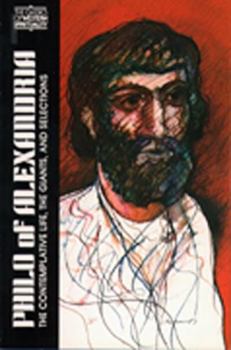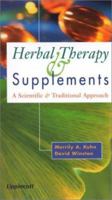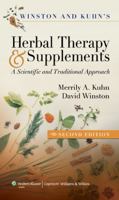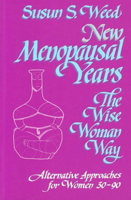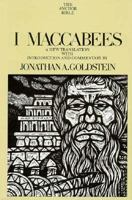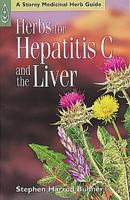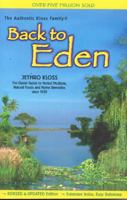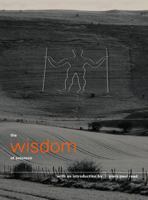Philo of Alexandria: The Contemplative Life, Giants and Selections
(Part of the The Classics of Western Spirituality Series)
Select Format
Select Condition 
You Might Also Enjoy
Book Overview
Customer Reviews
Rated 5 starsSelections from Philo
Philo of Alexandria (20 B.C. - 50 A.D.) was a Jewish-Greek philosopher to whom I have returned several times over the years. Philo's writing tends toward the dense, prolix, and difficult. For the new reader, it is best to approach him in carefully selected sections, such as the selections included in this anthology, published in 1981 by the Paulist Press as part of its valuable series, "The Classics of Western Spirituality."...
0Report
Rated 4 starsA Good Modern Introduction
This is an anthology of the works of Philo of Alexandria, thankfully translated in a clear, modern style, and well-annotated. The introduction helps familiarize the reader with Philo, a Hellenized, possibly Pharasaic, Jew, who is also a Platonist. Major themes are explored: Theory of Creation, Mysticism and Significance. The body of the book contains two complete treatises: "The Contemplative...
0Report











